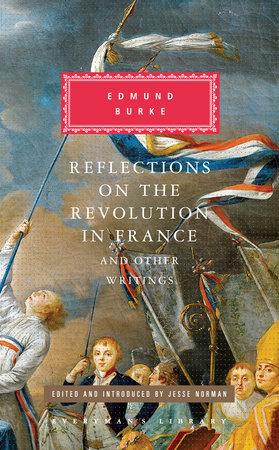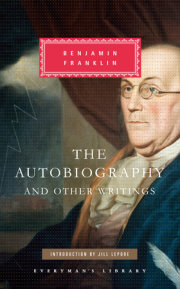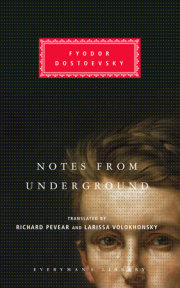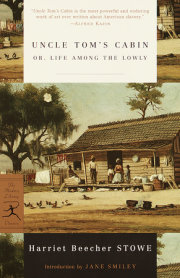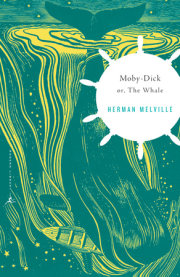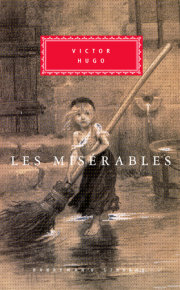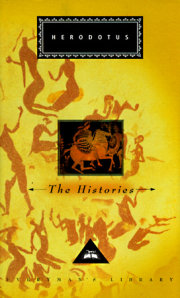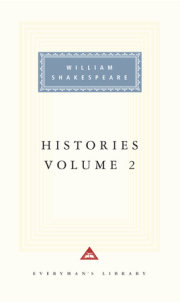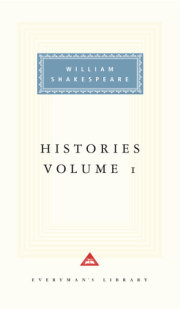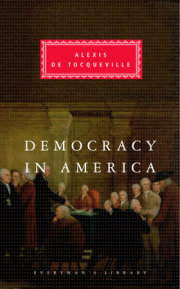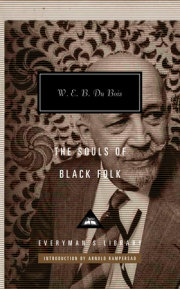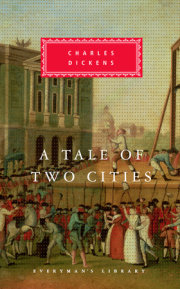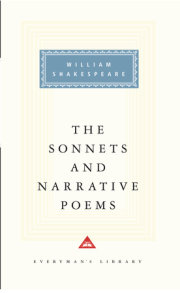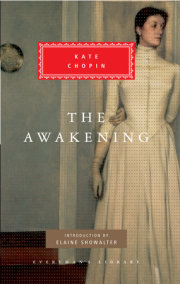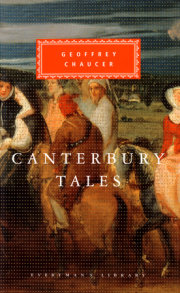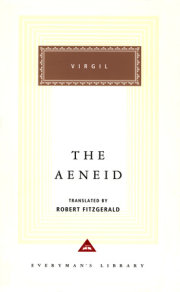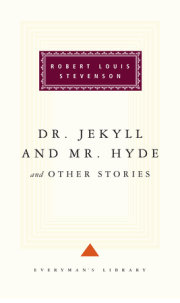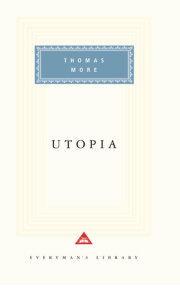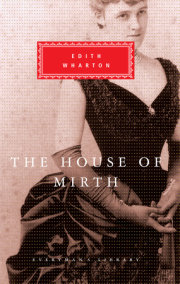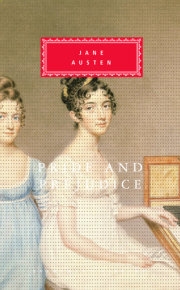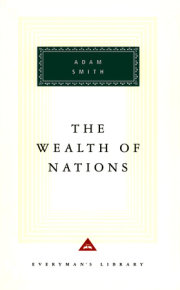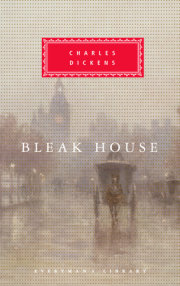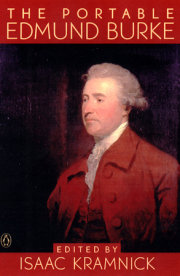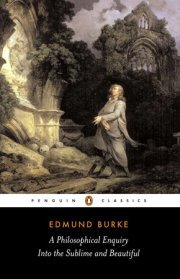Lord Randolph Churchill, father of Winston, once summarized Benjamin Disraeli’s life as ‘Failure, failure, failure, partial success, renewed failure, ultimate and complete triumph’. The same might be said of the great eighteenth-century philosopherstatesman Edmund Burke.
Edmund Burke was born, probably in 1730, on the banks of the Liffey in Dublin, the third of four children. His father was a solicitor, a difficult man described in an age before class analysis as of ‘the middling sort’, who practised in the superior courts, and a Protestant. His mother was calmer and kinder, and a Catholic. She came from a distinguished family, the Nagles of County Cork, Jacobites who had supported the claims of James II and his successors after the so-called Glorious Revolution of 1688–9, in which James went into exile and William III came to the throne amid a new constitutional settlement – a cause which had cost them both lands and grandeur.
Ireland at that time was in name a Kingdom, but in reality an English and Protestant dominion, in which the rights of Catholics were severely curtailed by the so-called Popery Laws. It was a place of huge disparities of wealth and wellbeing, compounding and in turn compounded by intense religious hatreds and political instability. It offered rich material for Burke’s vivid moral and literary imagination, and for what proved to be his lifelong detestation of injustice.
Burke was educated first at a non-denominational school outside Dublin (1741–4), and then at Trinity College Dublin (1744–8). At school he was inspired by the intellectual and moral example of his schoolmaster, Abraham Shackleton, a Quaker and the father of his first great friend and early correspondent, Richard Shackleton. He was less enthused by Trinity, it seems, finding the teaching laborious and pedantic; his outlets lay elsewhere, in two short-lived literary societies which he helped to found, in three hours a day in the public library, and in poetry and other writing.
We know relatively little of Burke over the following seven years. He seems to have worked in his father’s office, before arriving at the Middle Temple in London in May 1750 to read for the Bar, aged twenty. He had a year or two of ill-health and low spirits, which he sought to cure through extended journeys with his friend (but not it seems, relative) Will Burke. In 1755, to his father’s apparent displeasure, he took the momentous decision to leave the law and try to live by his pen.
There followed an extraordinary burst of writing, sustained by the financial support and literary access given to Burke by Robert Dodsley, a noted publisher and bookseller. His wideranging early works included an almost too sophisticated parody, the literary polemic
A Vindication of Natural Society; a highly influential work of aesthetics,
A Philosophical Inquiry into the Origin of our Ideas of the Sublime and Beautiful; a social and historical survey,
An Account of the European Settlements in America in collaboration with Will Burke; and
An Essay towards an Abridgment of the English History, which broke off with Magna Carta in 1215 and was never completed.
By 1759 Burke had become the editor of Dodsley’s new periodical, the
Annual Register, and was married to Jane Nugent, with two infant sons, Richard and Christopher (the latter died in early youth). He was making a name for himself in literary circles, and in 1764 became a founder member of Dr Johnson’s Club, alongside Johnson himself, Joshua Reynolds, Oliver Goldsmith and others. He had also taken his first steps into politics, as secretary to William Gerard Hamilton, whom he followed from the Board of Trade to Ireland, where Hamilton became Chancellor of the Exchequer in 1763. But Burke found himself impossibly constricted by Hamilton’s demands, and by early 1765 they had parted.
Burke now had an extraordinary turn of luck. He was introduced to the Marquis of Rockingham, possibly the richest man in England and the leader of an important group of Whigs in Parliament. Britain had been wrestling with the financial aftereffects of the Seven Years’ War (1756–63), and its attempts to raise new revenues were proving highly controversial in the colonies. Moreover, George III, who had succeeded to the throne in 1760, saw his Hanoverian predecessors as having handed over the conduct of politics to Parliament, and sought to reassert the informal and prerogative rights of the Crown. The result was a political merry-go-round, in which a succession of administrations attempted to reconcile financial prudence and colonial management with parliamentary politics and the demands of the new monarch. By 1765, after several failed administrations, the King was reluctantly persuaded to approach Rockingham. Burke thus became private secretary to the new Prime Minister, and shortly afterwards a Member of Parliament, for the ‘pocket borough’ of Wendover, in his own right.
Rockingham’s administration was short-lived; but Burke was an immediate success in Parliament, quickly gaining a formidable reputation for his speeches and skill in debate. He also developed a role over time as a party manager, helping to shape the Rockinghamites into what we can now see as the first genuine forerunner to the political parties of today. In 1770 he published
Thoughts on the Cause of the Present Discontents, notable today because it drew a crucial distinction between mere factions and parties which are ‘united, for promoting by their joint endeavours the national interest, upon some political principle in which they are all agreed’. The test comes when such a group is evicted from office. Founded on self-interest, factions will tend to disperse. Parties, however, will sustain themselves and their membership – on principle and shared values, on mutual commitments and on personal loyalties and friendship– until the opportunity to take power returns.
For many years this distinction, and the
Thoughts itself, was denounced in some quarters as an apologia for the political power exercised by Rockingham and other great Whig magnates. However, recent research has demonstrated that Burke had formulated the key ideas in a hitherto unattributed essay of 1757, reproduced in this collection for the first time outside the scholarly journals.
The Rockinghamites had to wait until 1782 before they could resume office. The intervening sixteen years were a torrid time for them, a period dominated by Lord North’s mishandling of the American colonies, by the long run-up to war, by war itself, and by their continuing attempts to restrain Crown influence and political patronage. Burke was active throughout, on issues ranging from political reform to religious matters to relief for Ireland, and in particular delivered two extraordinary speeches in 1774–5 on
American Taxation and on
Conciliation with America. Both are gems of political analysis and statesmanship. But they were also notable as some of the earliest occasions on which speeches had been published from a deliberate desire to build not merely a shared public understanding, but a degree of national and indeed international renown.
By 1774 Burke’s political reputation was such that, with Wendover no longer available, he was elected as the MP for Bristol, then the second city of Britain. His backers doubtless expected the usual trite formulas of thanks, and perhaps a pledge by Burke to follow his constituents’ instructions. But in his
Speech at the Conclusion of the Poll at Bristol, Burke simply destroyed that radical idea at source, and gave what has become the classic statement of the duties of the political representative:
It ought to be the happiness and glory of a representative to live in the strictest union, the closest correspondence, and the most unreserved communication with his constituents . . . but his unbiased opinion, his mature judgment, his enlightened conscience, he ought not to sacrifice to you, to any man, or to any set of men living . . . Your representative owes you, not his industry only, but his judgment; and he betrays, instead of serving you, if he sacrifices it to your opinion. Alas, by 1780 Burke himself had failed to build a political base in Bristol, and indeed had alienated many former supporters by refusing to support the government on the American war, and by favouring trade with Ireland and measures of relief for Catholics – the latter a cause which he pursued steadily, though at some cost, throughout his political career. But Rockingham eventually came to his aid, and installed him in a parliamentary seat at Malton in December 1780. There he remained until he left Parliament in 1794.
In 1780 Burke was fifty years of age, and at the height of his powers. We can catch glimpses of him in private: of the bespectacled Irishman with his wig off, who kept his red hair for many years and always spoke with an accent ‘as strong as if he had never quitted the banks of the Shannon’; of the Christian Latitudinarian and respecter of dissent; of the husband, ‘Ned’, as Jane called him at home, who addressed his wife with the utmost tenderness as ‘My dearest Jane’, ‘My dearest love’, and ‘My ever dear Jane’; of the father, whom one son’s death had left almost too fond of the other, and who adored the company of children; of the host, never free of house guests but always entertaining with an open hand; of the patron, who knew the value of help to a young man, and who supported talented outsiders such as the painter James Barry and the poet George Crabbe; of the clubbable fellow who enjoyed puns and low jokes and conversation, but never quite mastered the art of wit or repartee; of the countryman, who loved nature and rejoiced in his vegetable garden and in ‘scientific agriculture’; of the solitary thinker, who did not make close friends easily, who chafed at idleness and was prone to fits of melancholy.
As the war ground on, Burke’s attention was increasingly drawn to two further issues, both of which he made into great personal causes. The first was ‘economical reform’: the attempt to control the spending and financial patronage of the Crown, and so push the monarchy back towards the settlement of 1688, long venerated by Whigs. This culminated in a great speech of 1780 in which Burke spoke for over three hours, laying out seven fundamental rules of good government, and a package of measures which included reforms to the office of Paymaster General, long used as a source of personal enrichment, and the abolition of the Board of Trade. But pioneering as they were, his proposals had few immediate practical consequences.
The other great cause was India. Since its foundation in 1600, the East India Company had grown from a trading enterprise to an instrument of empire, exercising political control over the whole of the Indian subcontinent. This raised profound moral questions. Revenue from mutually beneficial trade was being replaced by revenue from tribute and tax. Robert Clive, ‘Clive of India’, had been a brilliant commander, but he had not hesitated to bribe, coerce and where necessary deceive Indian nobles and merchants in order to achieve his goals. And such was its wealth and influence that the Company also exercised formidable political power at home. Initially Burke had opposed the measures of reform introduced by Lord North’s government, seeing them as covert attacks on the institution of private property and an attempt to increase the Court’s powers of patronage. He now threw himself into Indian affairs, becoming their acknowledged master in the Commons.
In 1782, the exhausted and discredited Lord North finally left office. The King cast about for alternatives, and at last reluctantly settled again onRockingham. Politically, this was a highly equivocal victory, especially since Rockingham lacked an unfettered power to select his own cabinet. But it marked an extraordinary moment in the political history not merely of Britain but of the world.
Copyright © 2015 by Edmund Burke; Edited and Introduced by Jesse Norman. All rights reserved. No part of this excerpt may be reproduced or reprinted without permission in writing from the publisher.

